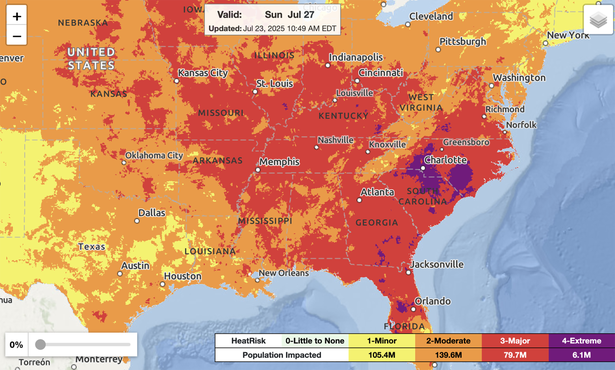
Millions Swelter Under Relentless Heat Dome Smothering Eastern U.S.
High humidity and low overnight temperatures will put tens of millions of people under heat alerts over the course of the coming week

Millions Swelter Under Relentless Heat Dome Smothering Eastern U.S.
High humidity and low overnight temperatures will put tens of millions of people under heat alerts over the course of the coming week
Your Chatbot Says It Might Be Conscious. Should You Believe It?
How to Keep Your Home Cool in Extreme Heat
Ozzy Osbourne’s Death Puts Spotlight on Parkinson’s Disease
Bring These Scientific American–Recommended Books to the Beach This Summer

Read all the stories you want.
Spellements: Wednesday, July 23, 2025
The U.S. Just Axed Its Boldest Cosmology Experiment in Generations
Superheated Gold Defies ‘Entropy Catastrophe’ Limit, Overturning 40-Year-Old Physics
The Pandemic Aged Everyone’s Brain—Even in Healthy People
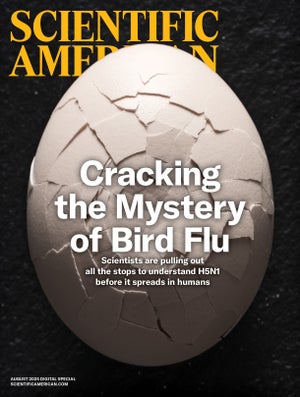
Create as many words as you can!
Stretch your math muscles with these puzzles.
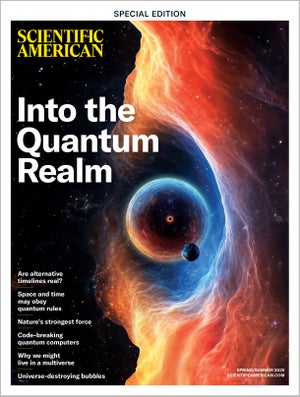
The Secret to the Strongest Force in the Universe
Why Aren’t We Made of Antimatter?
Were the Wright Brothers First in Flight? Inside a 1925 Dispute
The Surprising Science of Dungeons and Dragons
The LIGO Lab Is Pushing the Boundaries of Gravitational-Wave Research
Bariatric Surgery Does Not Resolve Weight Stigma for Everyone
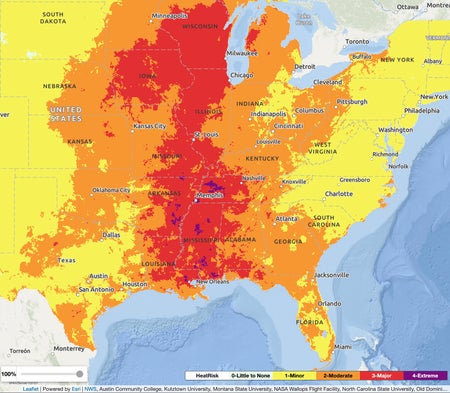
‘Corn Sweat’ Is Making This Heat Wave Even Worse
Humid heat is blanketing the eastern U.S. this week, exacerbated by “corn sweat” in the Midwest

Ozzy Osbourne’s Death Puts Spotlight on Parkinson’s Disease
Ozzy Osbourne, lead singer of Black Sabbath, has died at age 76. He said he had been previously diagnosed with a form of Parkinson’s disease linked to the gene PRKN
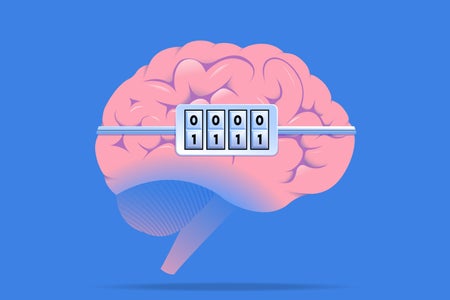
How Logical Are You? Test Your Skills With These Problems from the New International Logic Olympiad
In only its second year, the International Logic Olympiad is already booming as logic becomes more and more crucial in our ever changing world
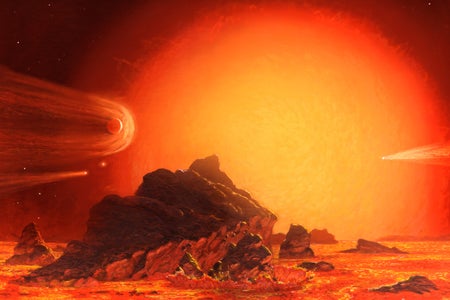
When the Sun Becomes a Red Giant, Will Any Planet Be Safe?
The future is bright—too bright—for life as we know it once the sun transforms into a red giant star
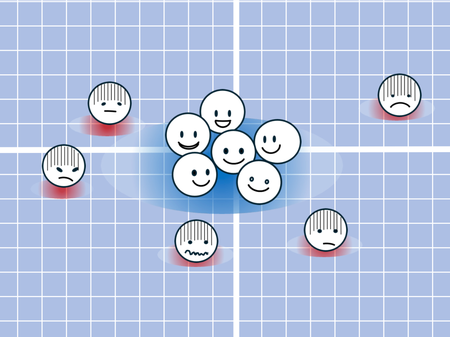
Optimists Are Alike, but Pessimists Are Unique, Brain Scan Study Suggests
Optimists have similar patterns of brain activation when they think about the future—but pessimists are all different from one another, a brain scan study suggests